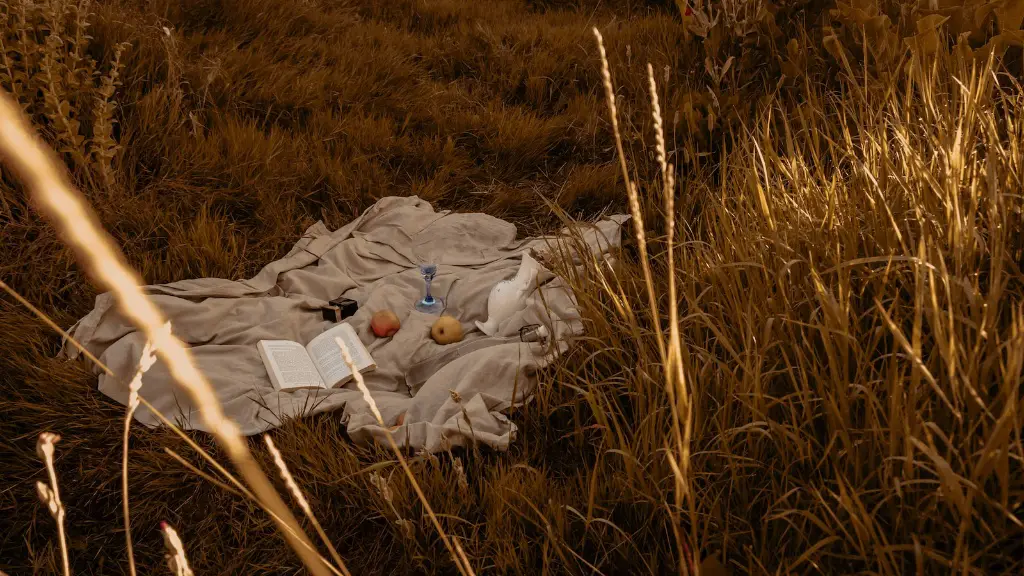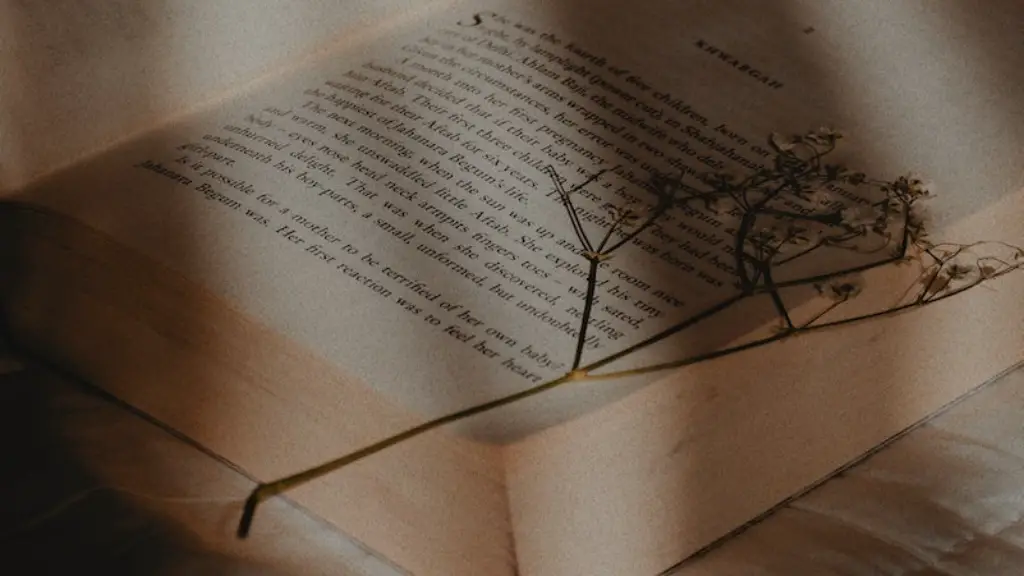Be present
Writing poetry begins with being present in the moment. Taking a few moments to pause and be mindful can not only give you inspiration for your work, but also help to bring clarity to the creative process. Mindfulness can help you tune into yourself and your creative urges, enabling you to take action rather than waiting for inspiration to arrive. Sitting quietly with yourself or in nature can help to calm your mind and focus your attention on the things that really matter. It is also an opportunity to open yourself up to the potential of each moment, allowing you to be inspired by what you encounter during your mindfulness practice.
Listen
Listening to your environment can be a great way to gather inspiration for your work. By listening, you can start to pick up on the nuances of the world around you. You might start to hear how conversations ebb and flow, picking up on the rhythms used within them which you can replicate with your words. You can also listen to the natural world, finding out what the birds are singing or what the wind is saying. Just take a few moments of your day to listen and see what comes of it.
Read
Whatever kind of writing you’re doing, it’s always beneficial to read other authors’ work. This can help to give you some inspiration for your own level of writing, providing a ready made structure which you can emulate or twist in your own direction. Reading poetry can help you get into the rhythm and cadence of poetic writing, while reading other forms of literature can help to enrich your vocabulary as well as give you ideas for topics which you can explore in your poetry. It’s also useful to read other poets’ interpretations of a particular topic, to give you a range of perspectives when writing your own.
Brainstorm
Brainstorming with yourself or with other poets can be very effective in helping to draw out ideas and inspiration for your work. This could be done through writing down individual words or phrases that come to you, or by having group discussions about a particular topic or concept. Designated brainstorming sessions can be a great way to get into the ‘flow’ of creativity, allowing sparks of inspiration to become more prominent and start to develop into a fully formed piece of work.
Exercise
Exercising can be a great way to get the creative juices flowing. Exercise can help to clear the mind, releasing emotions and bringing focus to the task of writing. Going for a walk, a run or doing some yoga can all help to bring clarity to your work, allowing you to get into a state of receptiveness and openness which can lead to more inspired writing. Exercise can also be a great way to get out into nature and observe your environment, providing you with plenty of material to draw from in your writing.
Create a Writing Routine
Creating a writing routine can help to bring structure and consistency to your work, as well as help to establish a rhythm which is conducive to producing your best work. When creating a routine, make sure it’s something that fits in with your lifestyle, something that you can realistically adhere to and which still allows you to get your work done. Establishing a set time and environment for your poetry writing can also help to draw out inspiration, as you’ll be in a focused state when you go to write.
Empathise
Finally, empathy is a great tool for inspiring poetry. Taking the time to consider how other people feel and experience life can lead to insightful and meaningful writing. Through trying to understand the world through their eyes, you can create work which is more heartfelt, meaningful and powerful. It can also offer a unique perspective to the topic which you are exploring, lending depth to the piece and expressing the unique way in which the individual views the world.
Engaging with Writing Prompts
Writing Prompts can be extremely useful in helping to gather inspiration for your work. Writing prompts provide a starting point which can open up the creative process, and can often be a great way to explore experiences and emotions which you have never considered before. They can also be an effective way to release emotion which may otherwise be hard to express, leading to profound insights which can transform the creative process.
Drawing Inspiration from Dreams
Drawing inspiration from dreams can be a very powerful way of accessing your inner creativity. Dreams are often filled with symbolism and metaphor which can be used to explore deeper issues in your writing and create stories which are imbued with personal meaning and emotional intensity. Keeping a dream journal or writing down your dreams as soon as you wake up can help to capture the richness of the dream, something which can be used as inspiration later on in your poetry.
Understanding the Poem’s Structure
Poetry is often remarkable for its elegance and complexity, something which is greatly aided by the structure of the poem. Understanding the formal elements of a poem can help to give it clarity and shape, allowing it to convey its message in a powerful and effective manner. Exploring and experimenting with different structures can help to open up the creative process, and can ignite new ideas which add even more depth to the piece.
Creative Writing Exercises
Creative writing exercises are a great way to push yourself out of your comfort zone and explore new avenues in your writing. They can provide structure and discipline as well as helping to spark your imagination, something which can lead to more inspired writing. There are a range of different exercises which you can try, such as word prompts, story starters and scene writing which can help to focus the mind and develop your writing in exciting new directions.
Learn From Others
Finally, learning from the work of others can be a great way to progress your own writing. Listening to the thoughts and experiences of others can help to broaden your knowledge and gain insight into the creative process. Following the writings of an experienced poet can also provide an invaluable reference source, as well as helping to improve your writing technique and develop a more intuitive poetic style.



